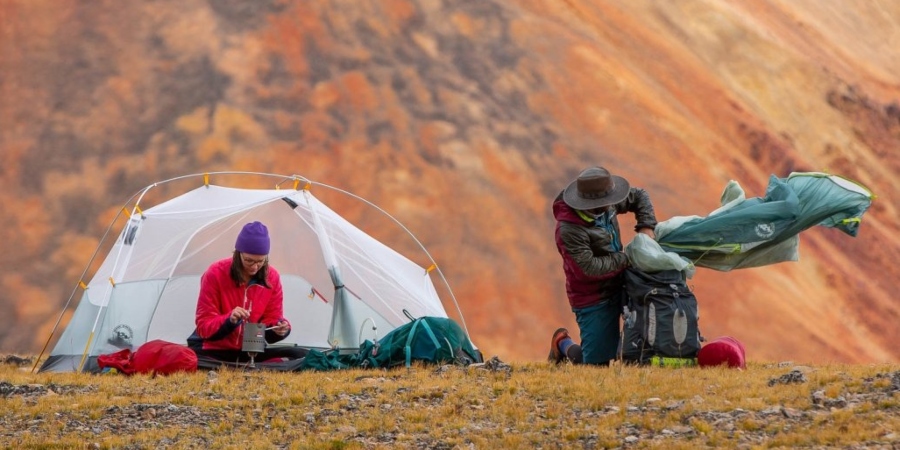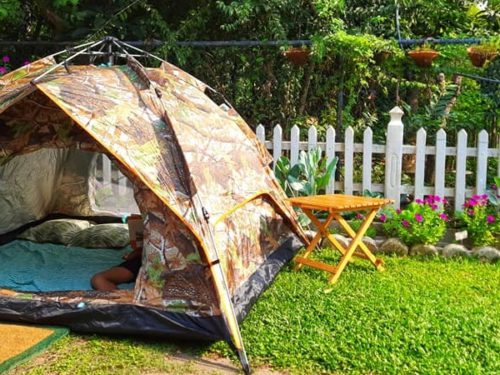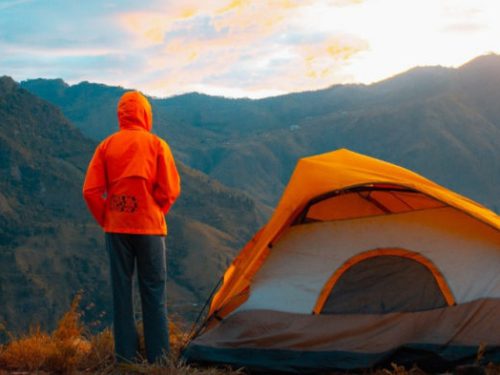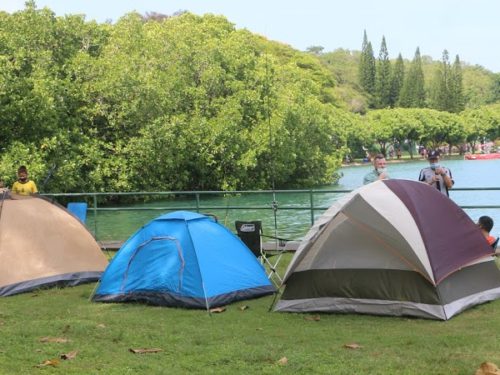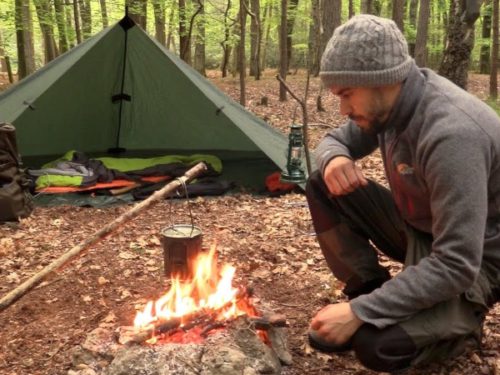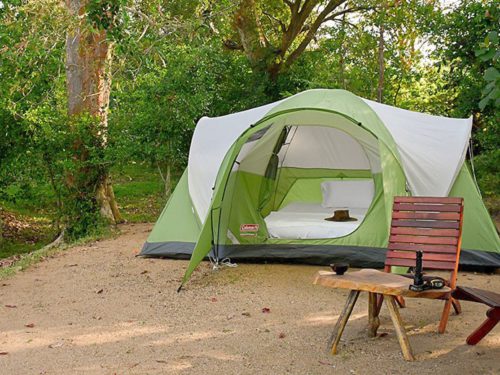Mistakes and setbacks are all part of the adventure. There’s always a chance that you’ll make mistakes while camping no matter how well prepared you are. So, whether you are planning your first camping trip or you’ve been camping for several years, there are a number of mistakes that you should always do your best to avoid. And, the best way to avoid mistakes is to learn about them beforehand. By being aware of mistakes you’re probably going to make, you can avoid your long-awaited trip from turning into a disappointing and money wasting experience.
That is why, today we’ve put together a list of the top 10 camping mistakes, so your trip can go off without a hitch. Check them out below!
1. Overpacking
One of the biggest mistakes that campers often make is “overpacking” for their trip. There’s no need to pack for every situation. Camping should mean getting back to the simple life. Pack less by including lighter, multifunctional gears. Plan properly and take note of the things that you will actually need. It’s important to stay organised. So, make sure to review everything once you’re done packing and try to reduce the load a little bit more if possible. Keep in mind that most items used for camping are minimal, and that extra stuff you decide to bring will just become another piece of luggage to drag along.
Need help packing for a camping trip? Then check out our blog post about “Camping Trip Packing List: All of The Essentials You Need To Bring“.
2. Not testing out your equipment
Failing to test out new equipment is another common mistake that campers make. You should always avoid packing new camp gears & equipment that are unopened and untested. Test out all your camp equipment at least a week before you’re scheduled to head out. Try setting up your tent, test out that new camp stove and figure out how all your equipment works. This way you can check if something is broken or needs repairing. It’s way better to struggle setting up all your new gear and equipment in your backyard rather than on the campsite itself.
3. Cooking elaborate meals
It’s important to sit down and plan out your daily meals prior to the start date of your camping trip. Whatever you do, don’t come up with meals that are too complicated. Plan a menu around non-perishables that will give you enough calories to keep your energy up. And don’t make the mistake of cooking elaborate meals that take hours to prepare and cook. Meals need to be simple as possible. So, always go for food items such as instant rice, noodles, canned potatoes, and roti. Remember to bring bags for your rubbish.
4. Leaving food unattended
One of the highlights of going on a camping trip is enjoying the food you bring. But many campers always seem to make one common mistake of leaving their food unattended. Bugs and wild animals are sure to be attracted if you keep your food out in the open for a long period of time. This goes for rubbish too as food in the garbage bin will also attract critters. And please don’t make the rookie mistake of leaving out some food overnight after everyone has their tummy filled up. If you don’t want to attract any unwanted visitors to your campsite make sure to wrap up any leftover food and store in a sealed area. And remember to clean up every crumb after each meal.
5. Arriving late
Arriving late on the campsite is a common mistake made by most campers, especially if it’s their first-ever camping trip. You will be frustrated by how difficult it is to set up camp in the dark. And it’s worse if you’re staying on an unfamiliar site. Arriving early will not only help you in setting up your equipment in a good place but it will also give you a chance of familiarising yourselves with the site. This will make it easier to navigate your way around the campsite at night.
6. Taking insufficient lighting
The nights can get pretty dark under the stars unless you’ve some sort of lighting equipment to keep your campsite illuminated. Just a small torch won’t suffice. At a minimum, camping lanterns are a great way to light up your whole tent. We recommend bringing battery-powered or solar lanterns whenever possible. Head torches are also ideal as they keep your hands free. Again, check if everything works before leaving and pack extra batteries.
7. Forgetting the first-aid kit
Forgetting to bring a fully stocked first aid kit can really put a damper on your long-awaited camping trip. No matter how much you plan and prepare, things can take a turn for the worst in the rugged wilderness. Ask any experienced camper and they will say it’s pretty much compulsory to have a first aid kit included in your camping checklist. Bringing a first aid medical kit will help you take care of minor injuries and not-so-serious medical emergencies. While life-threatening injuries are unlikely to happen, you should be ready to treat small cuts and blisters when outdoors. Even a small wound, if left untreated, can become infected.
8. No reservations
If you are camping in a place where prior reservation is required, make sure to reserve the campsite ahead of time. Most of the popular campsites will either be overpacked with very little space for you to set up your tent or they will all be booked by other campers. There is a risk that you will not be able to get a campsite if you don’t take your time out to make a reservation before coming to the site. It will be far less stressful to head out when you’ve made sure to book a spot just for you and your friends.
9. Underestimating the weather
Be sure to check the weather forecast for your planned destination before heading out. See if any storms are expected or are there any weather warnings. Changes in weather can also impact your packing list. You may have to add in or remove certain camping supplies and equipment. If your campsite forecast includes bad weather then it’ll limit the number of activities that you can do outdoors. It’s recommended to check reliable weather channels and websites a week before the start date of your trip.
10. Forgetting to put the camp fire out
Many campers forget to put out the campfire before leaving. Campfires can cause wildfire if they are not put out completely. So, it is your responsibility to extinguish campfire that you started. For that, you need to start by pouring lots of water on the fire, including embers. Drown all of it and keep adding water until the hissing stops. But if you’re not in a hurry to leave then allow the fire to burn down to ash before sprinkling water on the fire. At last, see if there any bright red spots by stirring the ash with a stick.
Now that you know the common mistakes that you need to avoid, you should have a better understanding of how to plan a successful trip from the get-go. But do keep in mind that mistakes are sometimes inevitable. And committing a few careless mistakes when camping isn’t all that bad if you can learn from them and make sure not to repeat the same mistake on your next trip. Lastly, remember to be flexible and don’t be too afraid to change your plans if you do commit one of the above-mentioned mistakes.


